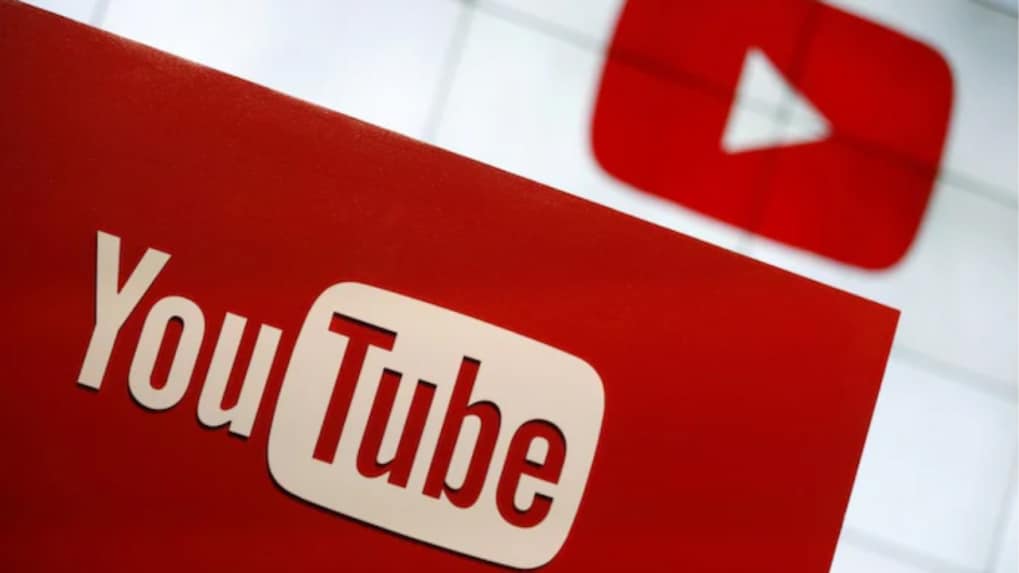Brand Marketing
FMCG firms cut senior roles by 32%; Total headcount shrinks 9.26% in FY25

In a major policy shift, YouTube is relaxing one of its most restrictive monetisation rules — strong profanity in the first seven seconds of a video will no longer automatically result in limited ad revenue.
This change, effective immediately, applies to both long-form videos and Shorts, and is expected to benefit creators across the board, particularly those in the gaming and reaction content space where intense, unfiltered moments often occur early on.
Previously, using words like “f**k” within the opening seconds of a video typically led to reduced or even zero ad earnings. YouTube says this older rule was originally designed to align content standards with traditional TV advertising norms. However, with advertisers now having greater control over ad placements, the platform has opted for a more flexible approach.
“We heard a lot of creator feedback about this specific rule. Given these factors, we’ve decided to revise our policy to help creators,” said the YouTube team via Google’s support page. “This change should help improve creator earnings, particularly for gaming creators.”
That said, this isn’t a green light for unrestricted swearing. YouTube has emphasized that high-frequency use of strong profanity throughout a video will still result in limited monetisation. Videos that feature strong language in titles or thumbnails remain fully demonetised.
As YouTube fine-tunes its monetisation policies in 2025, this move signals a broader shift towards creator-first flexibility, while still maintaining advertiser trust and community standards. Hate speech, slurs, and extreme language continue to be strictly prohibited.
OpenAI has doubled its annualized revenue to $12 billion in 2025, driven by ChatGPT’s growth, while projecting an $8 billion cash burn and advancing a $30 billion funding round.